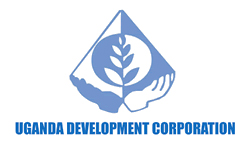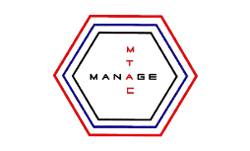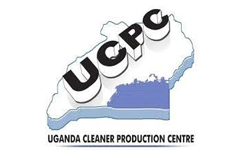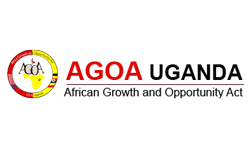Kyambadde Assures UK of Continued Trade Partnership Despite Brexit
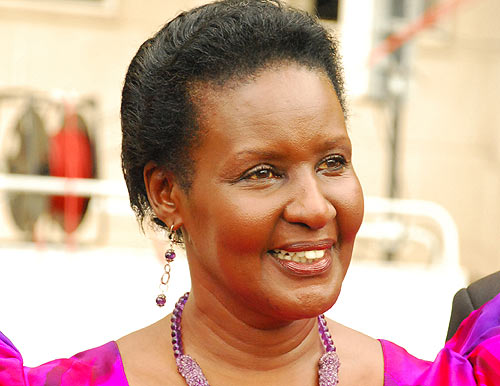
Remove NTBS that deny African countries market access opportunities, Kyambadde asks the UK
Trade Minister Amelia Kyambadde has assured the United Kingdom of continued trade relations despite the UKs decision to exit the European Union. Kyambadde revealed this during the Trade and Sustainable Development Symposium organised by the International Centre for Trade and Sustainable Development (ICTSD) on the sidelines of the ongoing 11th WTO Ministerial conference in Buenos Aires, Argentina.
The symposium organized under the theme “Getting the future Africa-UK trade partnership right” was premised on the significant implications for Britain’s trade policy relationship with Africa following UK’s decision to exit the European Union. The symposium discussed the opportunities and challenges Brexit presents for African countries.
On 29th March 2017, UK triggered Article 50 of Lisbon Treaty which formally started its process of exiting the EU. The UK is currently on the move to establish the foundations of a strong and mutually beneficial long-term relationship that will provide continuity in the trade relationship between her and Africa.
Speaking during the symposium, Minister Kyambadde noted that just like many African countries, Uganda has a long relationship with the UK and would like to explore the huge untapped trade potential between the two countries. She said the bilateral trade between Uganda and UK demonstrates that there is a huge potential for Africa to increase its trade with the UK.
Uganda’s exports to the UK have tremendously dwindled from USD 58 million in 2012 to USD 16.5 million in 2016 while the imports have also reduced from USD 127 million in 2012 to USD 74.4 million in 2016.
Kyambadde attributed the decline in trade to the shift of trade to the Middle East and Asia, the shift in domestic policies from the export of raw commodities to value addition that the UK market has not yet fully adjusted to, increasing oil prices after the Arab spring and the uncertainty about the Brexit processes.
A panelist at the symposium and Economic Adviser on International Trade at the Commonwealth Secretariat in London Brendan Vickers said the immediate priority is to ensure at a minimum that existing market access is retained for all African countries following Brexit.
Vickers said the UK’s new trade policy offers an unprecedented opportunity to introduce a more comprehensive partnership framework that is more effective in supporting Africa’s integration, industrialization and development agendas and urged African countries to take advantage of this opportunity.
However, minister Kyambadde cautioned that the new policy after Brexit should not roll back the gains African countries like Uganda already had with UK while it was in EU and should have commercially meaningful duty free Quota free market access, at least for all Least Developed Countries.
Kyambadde added that the policy should include all products of export interest to African countries.
“The policy should be demand driven rather than supply driven and the list of the products to enjoy preference in whatever scheme UK comes up with should come from us”, explained Kyambadde.
She advised that the Africa- UK trade relationship after Brexit should encourage and support industrialisation and value addition. It must move Africa away from donation of value when our products are exported raw with little or no value addition. She added that the scheme should ensure that rules of origin and simple and not unnecessarily stringent.
“The future Africa trade relations should include a strong commitment to remove Non Tariff Barriers (NTBS) that deny African countries the opportunity to benefit from preferential market access opportunities”, said Kyambadde.
Nigeria’s Chief Negotiator in the WTO Osakwe Chiedu who was also a panellist agreed with minister Kyambadde and said the UK should put in mind that Africa is now working towards a Continental Free Trade Area (CFTA)
On the Economic Partnership Agreement (EPAs) that EAC is negotiating with the EU, Kyambadde suggested that the two parties consider a negotiated trade arrangement that goes beyond the few challenges we had with EPAs. She said despite the Brexit, Uganda is still committed to sign the EPAs but is still negotiating with other member States so that EAC signs as a bloc.

